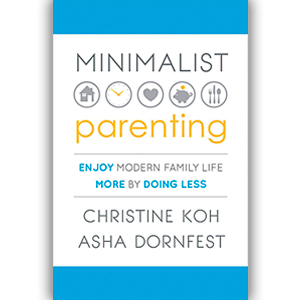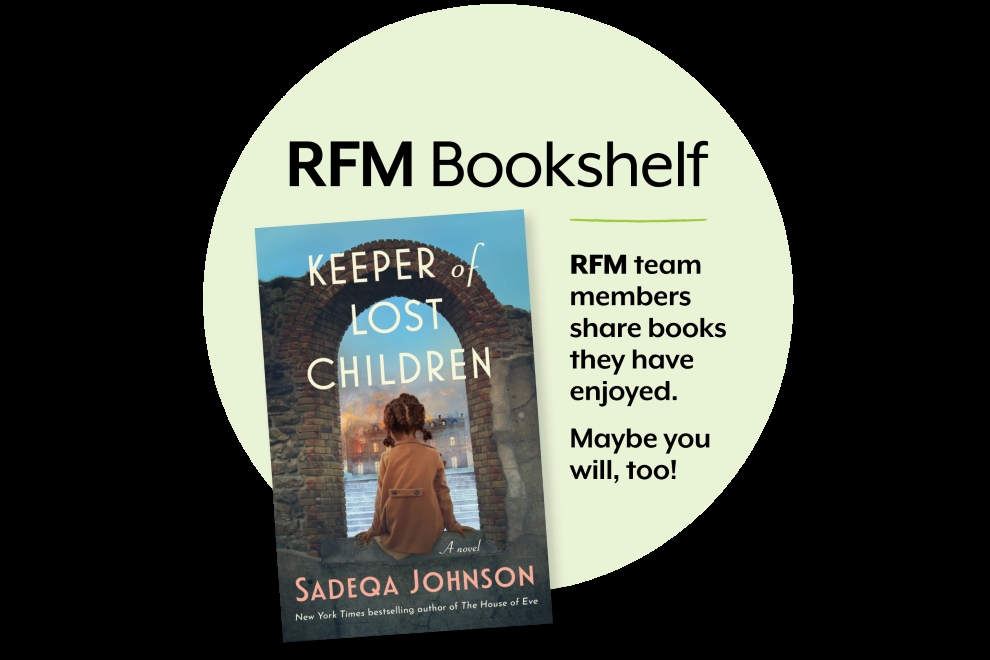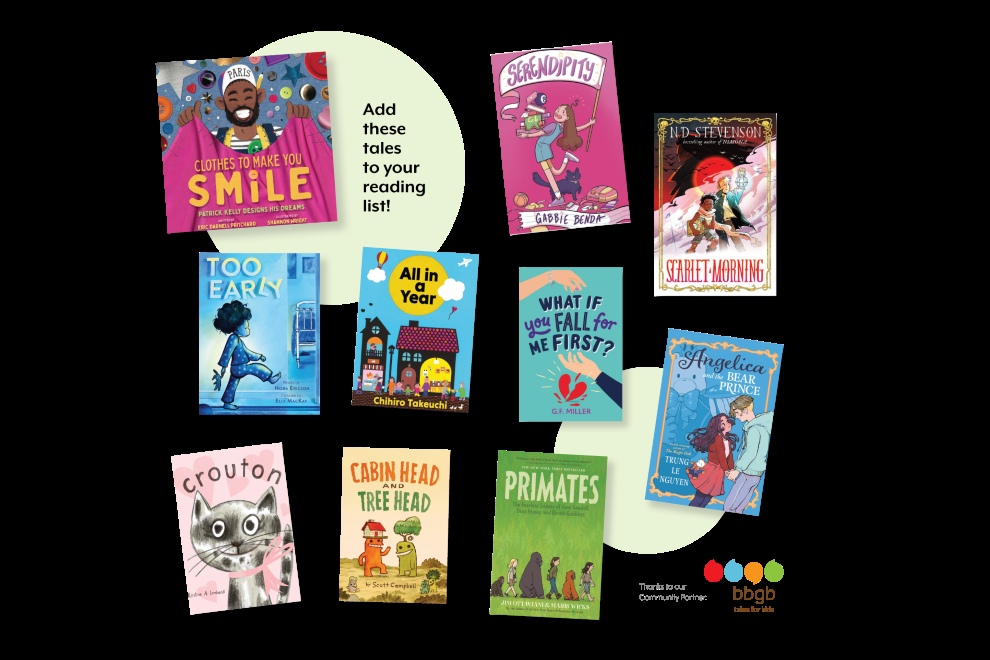 Your child’s “best chance for a happy adulthood lies in discovering and nurturing their strengths, cultivating flexibility in the face of obstacles, and developing the tools to forge lasting relationships,” claim Christine Koh and Asha Dornfest, authors of Minimalist Parenting. To achieve such happiness, they argue you need do less to enjoy your family more. Therefore, their book offers parents ideas for streamlining everything from your school year to your summer vacation.
Your child’s “best chance for a happy adulthood lies in discovering and nurturing their strengths, cultivating flexibility in the face of obstacles, and developing the tools to forge lasting relationships,” claim Christine Koh and Asha Dornfest, authors of Minimalist Parenting. To achieve such happiness, they argue you need do less to enjoy your family more. Therefore, their book offers parents ideas for streamlining everything from your school year to your summer vacation.
“The reality is that so much of parenthood and domestic life is repetitive, boring, but necessary crap. Doing it is no fun, but the consequences of not doing it get in the way of Minimalist Parenting,” believe Koh and Dornfest. That’s why routine is one of the keys to success. We all know how daunting overflowing hampers can be. While it might take some experimentation, embracing autopilot, as Koh and Dornfest recommend, can help eliminate the chaos that ensues when life takes a detour (and it always takes a detour no matter nicely things are going along). By managing your time and pausing before saying yes to invitations, Koh and Dornfest believe you can reserve your energy for the things in life that excite you.
Once you’ve tackled the clutter in your home, which I wrote about in my last post on Minimalist Parenting, Koh and Dornfest suggest you look at your child’s education. The reality is no school, like no parent, is perfect. “Every school has its burnt-out teachers, less-than-stellar programs, and classroom troublemakers. Some years will be better than others, both academically and socially. This is good,” Koh and Dornfest insist. “Ups and downs are part of the learning process and help build resilience and tolerance. Ultimately, variability sets up for a happier life.”
Still, in an effort to make sure our kids aren’t missing out, sometimes we make choices that aren’t necessarily the best fit for our child or our family, which is why Koh and Dornfest offer strategies for dealing with education in and out of school. “Since when did educating one’s kid turn into a breakneck sprint from infant enrichment classes to high school graduation?” Koh and Dornfest want to know. Granted, they are quick to clarify that they are not advocating for letting the chips fall where they may. That is more in line with Tom Hodgkinson’s book The Idle Parent, which I blogged about in 2011. Rather the minimalist parent has a broad definition of education, which encourages the cultivating of curiosity in a variety settings.
I couldn’t agree more with this life is a classroom philosophy. While I’ve spent the last twenty years of my career as a teacher in a classroom, I agree with Koh and Dornfest, who remind readers that often one’s most memorable learning experiences did not happen at school. Still, the minimalist parent concerns herself with continual learning in a way that’s quite different from the madness that has many of our kids signed up for swim lessons before they can walk. It requires we put extracurricular activities into perspective.
“Having too many scheduled activities cuts into your child’s ability to pursue and build friendships. An activity is a great way to meet new friends,” Koh and Dornfest claim, “but deepening friendships requires time and space to get to know each other.” Minimalist Parenting also requires you stop fearing boredom, as Koh and Dornfest remind us it is the mother of all invention. I realize the after-school possibilities are endless these days,but I agree with Koh and Dornfest, who believe what your kid might actually be missing out on is their childhood.
When you consider that you’re only going to get 936 weekends before your child turns eighteen and heads off to college, do you really want to spend the majority of those shuttling her to softball games or hitting the birthday party circuit? I do not have a crystal ball, but I think it’s a safe bet someday their happy adult selves will thank you for introducing them to fewer and less.
Follow @WinterhalterV on Twitter for updates on blog posts or like Parenting by the Book on Facebook.
Read my other blog Befriending Forty.



